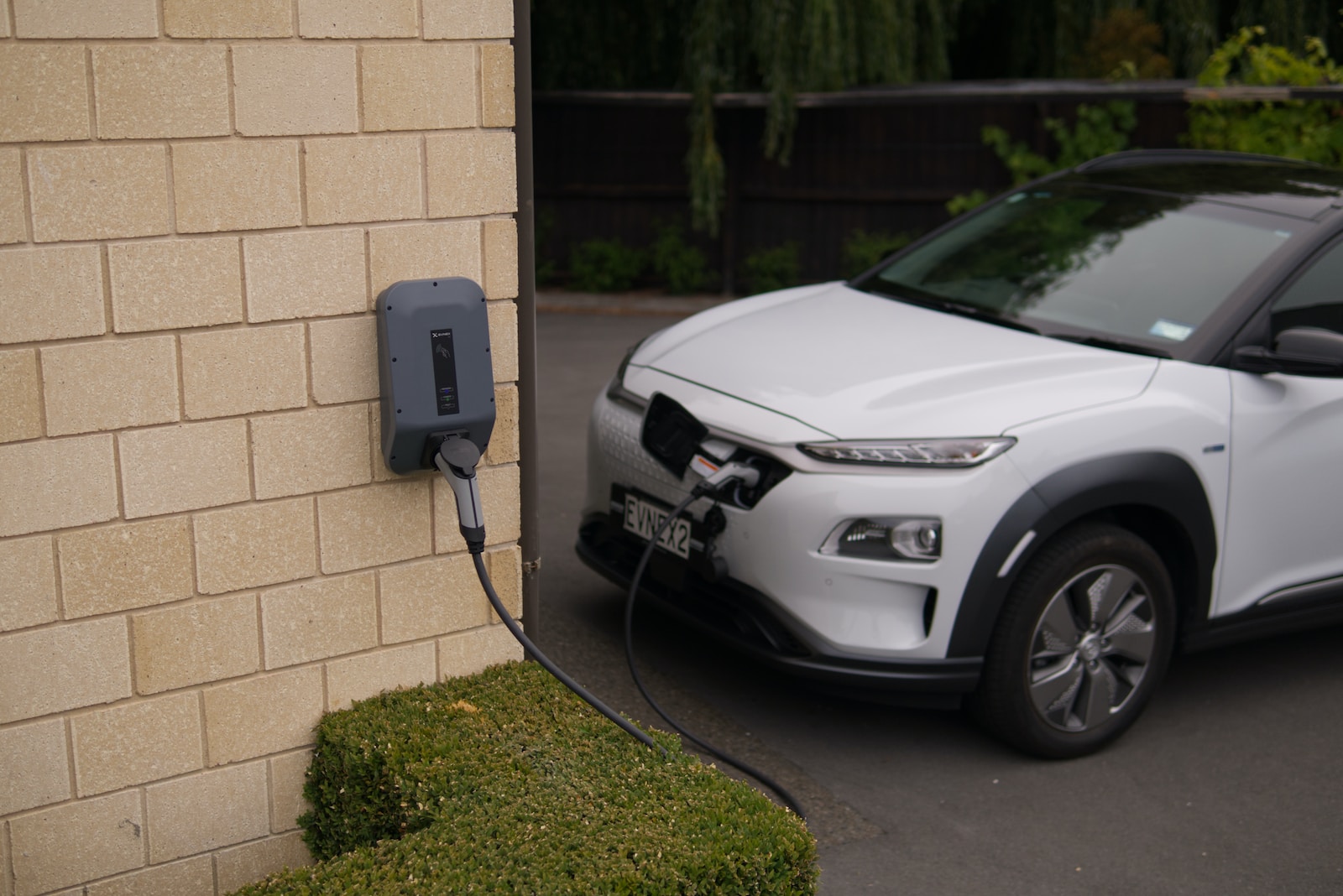Key Takeaway: While a 1.5 watt solar panel has the capability to charge a car battery, it may not be the most efficient or practical option. Factors such as sunlight intensity, panel orientation, and battery capacity can significantly impact the charging efficiency. It is important to consider these factors and potentially explore other alternatives for charging your car battery.
Are you curious about harnessing the power of the sun to charge your car battery? Solar energy has gained immense popularity in recent years as a sustainable and renewable source of power. But can a 1.5 watt solar panel actually charge a car battery? In this article, we will explore the capabilities of solar panels, the functionality of car batteries, and the factors that influence the charging efficiency. So, let’s dive in!
Understanding Solar Panels and Their Basic Functioning
Solar panels are devices that convert sunlight into electricity through a process called the photovoltaic effect. These panels are composed of multiple solar cells made from semiconducting materials, typically silicon. When sunlight hits these cells, it excites the electrons within the material, creating an electric current.
The electricity generated by solar panels can be used to power various devices and appliances, including charging batteries. However, it is important to note that the power output of a solar panel, measured in watts, determines its charging capabilities.
Understanding Car Batteries
Car batteries are essential for providing the electrical energy needed to start your car and power its various systems. They store electrical energy in the form of chemical energy, which is then converted back into electrical energy when needed.
Car batteries are typically charged by the alternator while the car is running. The alternator converts mechanical energy from the engine into electrical energy, replenishing the charge in the battery. However, in certain situations where the car is not running or additional power is required, alternative methods for charging the battery may be necessary.
Solar Panel Power Output
The power output of a solar panel is a crucial factor in determining its charging capabilities. The power output is measured in watts and indicates the amount of electrical energy the panel can produce under optimal conditions.
In the context of a 1.5 watt solar panel, it is important to understand that this panel will have a relatively low power output compared to larger panels commonly used for charging car batteries. While it is technically possible for a 1.5 watt solar panel to charge a car battery, it may not be the most efficient option.
Factors Influencing Charging Efficiency
Several factors can influence the charging efficiency of a solar panel, regardless of its power output. These factors include:
- Sunlight Intensity: The intensity of sunlight directly affects the amount of energy that can be harvested by the solar panel. Cloudy or overcast days will reduce the panel’s ability to generate electricity, potentially prolonging the charging time.
- Panel Orientation: The orientation of the solar panel plays a crucial role in its charging efficiency. Ideally, the panel should be positioned to maximize sun exposure, typically facing south in the northern hemisphere or north in the southern hemisphere. An improperly oriented panel may receive less sunlight, resulting in slower charging.
- Battery Capacity: The capacity of the car battery, measured in ampere-hours (Ah), will determine the amount of energy it can store. A larger capacity battery will require more time to charge, even with a higher power output solar panel.
Calculating Charging Time
To approximate the charging time required for a 1.5 watt solar panel to charge a car battery, you can use a simple calculation. However, it is important to note that this calculation provides an estimate and may vary depending on the factors mentioned above.
- Determine the capacity of your car battery in ampere-hours (Ah). This information can usually be found on the battery itself or in the car’s manual.
- Divide the battery capacity by the power output of the solar panel. For example, if your car battery has a capacity of 60Ah and you are using a 1.5 watt solar panel, the calculation would be as follows:
Charging Time = Battery Capacity / Solar Panel Power Output
Charging Time = 60Ah / 1.5W = 40 hours
This calculation suggests that it would take approximately 40 hours to fully charge a 60Ah car battery using a 1.5 watt solar panel. However, keep in mind that this is a rough estimate and actual charging times may vary.
Practical Considerations
While a 1.5 watt solar panel can technically charge a car battery, there are several practical considerations to keep in mind:
- Extended Exposure to Sunlight: Given the relatively low power output of a 1.5 watt solar panel, it may require extended exposure to sunlight to fully charge a car battery. This means that charging times may be significantly longer compared to higher power output panels.
- Additional Panels: Depending on your location, weather conditions, and the desired charging time, you may need to consider using multiple 1.5 watt panels or higher power output panels to increase the charging efficiency.
- Alternative Charging Methods: If you require a faster and more reliable method for charging your car battery, it may be worth exploring other alternatives such as dedicated car battery chargers or connecting your car to a power source.
Conclusion
In conclusion, while a 1.5 watt solar panel has the capability to charge a car battery, it may not be the most efficient or practical option. Factors such as sunlight intensity, panel orientation, and battery capacity can significantly impact the charging efficiency. If you are considering using solar panels to charge your car battery, it is important to carefully evaluate these factors and potentially explore other alternatives. Solar energy can be a viable option for charging car batteries, but it is essential to choose the right panel with an appropriate power output for optimal efficiency.



